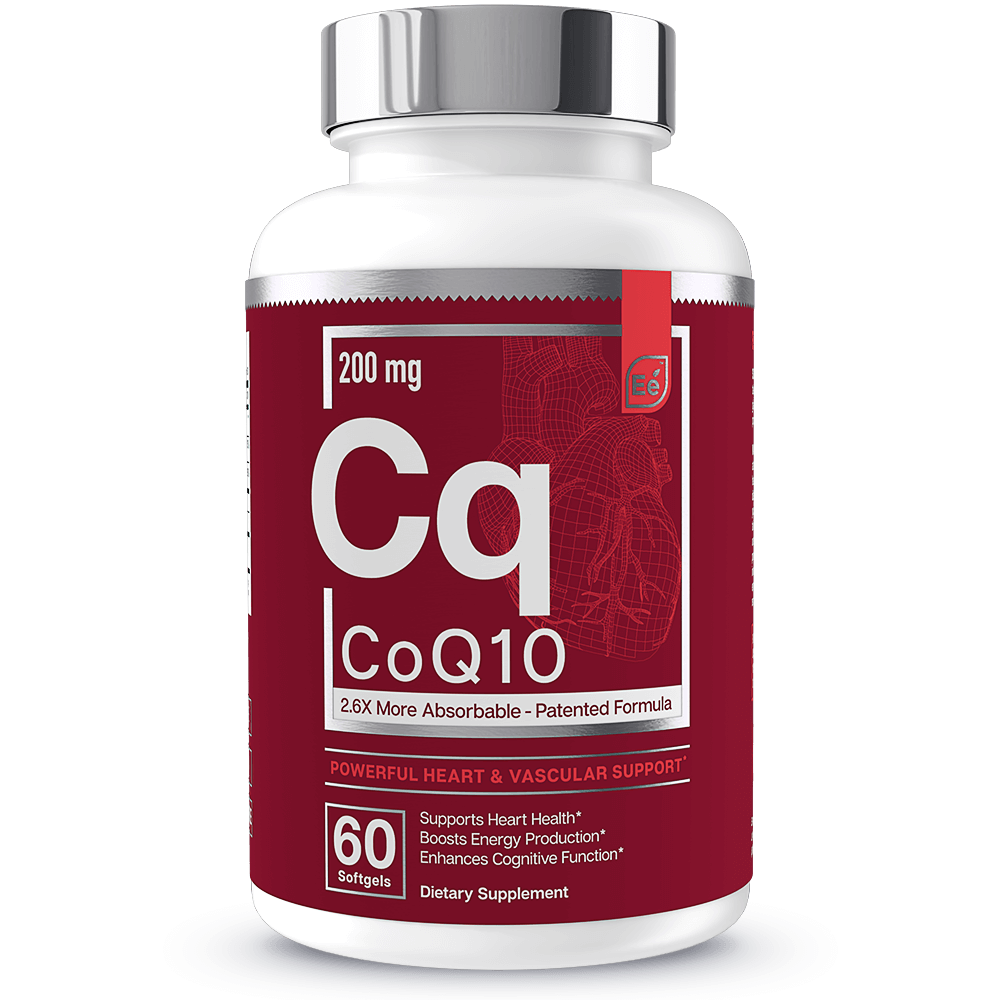The Inflammation Factor: Getting to the Heart of the Joint Health Matter
8 minute read
Identified by the presence of pain, warmth, redness, swelling and loss of function, inflammation is experienced by all of us. The process of inflammation is triggered when chemical messages alert your immune system that a part of your body needs help.
Inflammation can be either acute or chronic. An acute response happens after a traumatic injury or in response to a specific infection. Chronic inflammation occurs over a long period of time and may be so gradual that you do not even notice it developing.
The chronic version is caused by a long term, low-grade infection, poor diet, or immune dysfunction (autoimmune disorders). Chronic inflammatory response can run off track, eventually causing further inflammation, potentially causing further health problems.
The Problem With Inflammation
Chronic inflammation typically leads to significant health problems and even diseases. You may only be cognizant of these issues from time to time, experiencing achy joints in the morning, some afternoon brain fog or perhaps a bloated stomach after dinner. Even when the pain or discomfort fades after a day or two, these symptoms tend to be recurring.
The chronic inflammatory cycle causes cell death and the breakdown of important tissues. The more commonly diagnosed health concerns associated with chronic inflammation include obesity, cardiovascular disease, Type 2 diabetes, chronic fatigue syndrome, autoimmunity and degenerative joint diseases.
Getting the Upper Hand
Degenerative joint disease or osteoarthritis is the number one cause for disability among Americans. Understanding the role inflammation plays in the breakdown of important joint cartilage and tissues helps to develop health regimens to counter the effects.
It is important to remember that degeneration is a part of the aging process but the effects do not have to be debilitating, by any means. By following the tips below, you can live a regular, healthy, and active lifestyle even after arthritis shows up. For the most part, these tips will help to hold off the negative effects of chronic inflammation.

1. Fight With Real Food: A variety of foods can help to reduce inflammation of the joints.With the right foods, you can be sure to block stages of the inflammatory response, as well as remove toxic by-products.
The best foods to choose are rich in antioxidants because they can bind and deactivate the damaging free radicals that are produced by inflammation.
Popular antioxidant foods include:
♦ Beets
♦ Dark berries like blueberries and blackberries
♦ Dark Chocolate
♦ Spinach
♦ Omega-3 Fatty Acids

2. Try Anti-Inflammatory Supplements: High-quality joint health supplements generally contain ingredients, like astaxanthin, that have antioxidant effects. While inflammation can be throughout the body, it also tends to accumulate in joints the most. This means the supplements with joint-helping ingredients, like collagen and boswellia serrata, can be extremely helpful.
3. Cut Out Chemicals: Pesticides and preservatives can cause inflammation when they invade our cells and begin destroying tissues. Our gut, which often acts in line with our immune system responds quickly to these chemicals.
Repeated exposure can cause permanent damage so care needs to be taken, even with cleaning products. Always read labels carefully and look for more natural alternatives. When it comes to food, choose natural, local and organic options to reduce chemical exposure through eating.

4. Don't Forget Dental Care: Most people are aware of how important dental care is for your teeth, but it is not always recognized as important in terms of overall health. Regular brushing and flossing (twice daily) is a great way to fight inflammation.
Inflammation related to periodontal disease has been linked to chronic inflammation as well as heart disease. Make sure you keep up on those regular dental checkups and take care of your mouth and teeth.
5. Enjoy Exercise: Regular movement and exercise are very effective tools to fight inflammation by improving circulation and lymphatic flow. Any type of exercise is okay as long as you are moving and your heart gets pumping. It is also important to keep a healthy weight because extra pounds can put additional strain on your joints.
| Related: Understanding Joints, Cartilage, and The Aging Process |
Additionally, when your body is under metabolic stress which occurs with obesity, fat cells can initiate an inflammatory response. Fat cells have the ability to act like immune cells by releasing cytokines and the inflammatory response is triggered.

6. Sleep Is Essential: With our busy and often chaotic lives, many people feel there is never enough time in the day. The more we cram into each day, the less we sleep. The problem with a poor sleep routine is that your body does not get the time it needs to recover and replenish form the day's activities. Lack of sleep interferes with much needed healing time.
Be sure to go to bed at a reasonable hour and to keep your room dark and cool. Avoid electronic stimulation before bed such as phones or television. Make sure you stop eating at least two hours before bed.
If you need help getting and staying asleep, try melatonin supplements as a natural way to restore a healthy sleep rhythm.
7. Minimize the Stress Effect: Stress and anxiety are notorious for triggering inflammation. These emotions release chemicals all over the body that are recognized as invaders and inflammatory markers appear everywhere.
While stress cannot entirely be avoided, you want to look into options to reduce and relieve stress. Some common methods include keeping a journal, yoga and meditation.
There are a number of options, so if one does not fit right, there are others to try. The key is to lower stress and the impact it has on your mind and body.

The Bottom Line
Inflammation is a natural response your body uses to defend itself against pathogens and other threats. However in excess, inflammation can be very damaging and your joints can feel the brunt of this. Painful joints make for a painful life so it is good to know there are ways you can prevent this.
Make changes to your life slowly, because additional exertion or stress can only make matters worse. Gently introduce an anti-inflammatory plan to your daily schedule; in no time, this regimen will become routine. Your joints, along with the rest of your body, will thank you and reward you with longevity.
Read Next >>> How Boswellia Serrata Helps Your Joints
Stiff, sore joints can affect people of all ages, and for many different reasons. That’s why 1MD has created MoveMD, a joint health supplement containing groundbreaking ingredients, like AprèsFlex® bioavailable boswellia serrata extract and Zanthin® Natural Astaxanthin in a revolutionary new formula specifically designed to provide achy joints with the nutrients they need to feel better.
At 1MD, our mission is to help people make smarter health choices and lead healthier lifestyles by creating industry-leading products and cutting-edge health content. Take advantage of our medically researched supplements for boosting your health by visiting our online store for a complete list of our 100% natural products. We offer family and bulk purchase discounts as well as monthly subscription options for maximum savings.

-
https://www.mindbodygreen.com/0-25200/5-things-i-did-to-heal-from-chronic-inflammation-an-m-d-explains.html
-
https://bodyecology.com/articles/chronic-inflammation
-
https://www.womenshealthnetwork.com/inflammation/7-steps-to-an-anti-inflammatory-lifestyle.aspx?utm_source=w2w&utm_medium=redirect&utm_campaign=%2Finflammation%2Freducing-inflammation-the-natural-approach-2%2F

























 Health Guides
Health Guides
 Latest Research
Latest Research


